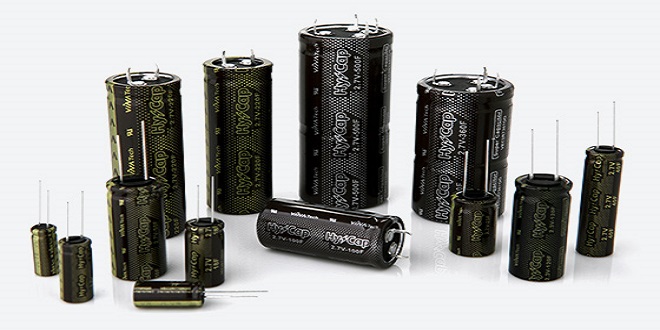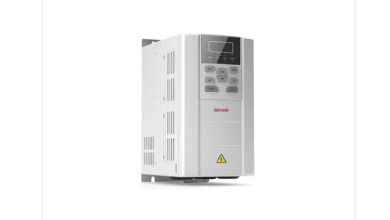Reasons Why You Should Consider Using Hybrid Capacitors In Your Electronics

In this article, the author discusses five reasons to consider using hybrid capacitors in your electronics. Hybrid capacitors have many advantages over traditional capacitors – the list includes increased capacity and power density, better power handling capabilities, and improved performance.

An Introduction to Hybrid Capacitors
The hybrid capacitor comprises an electric double layer capacitor electrode and a battery-type electrode. The electric double-layer capacitor electrode can increase the rate with a fast charge response. The battery-type electrode can use a redox or ion intercalation reaction to increase the capacity, such as lithium-ion capacitors.
Benefits of using a Hybrid capacitor over a Standard capacitor
Hybrid capacitors use hybrid electrolytes that fuse conductive polymers and electrolytes and have excellent performance that combines the advantages of conductive polymer capacitors and aluminum electrolytic capacitors. Although it is a small capacitor, it achieves high withstand voltage, large capacity, low ESR, high ripple current, and long life.
The biggest feature of hybrid capacitors is that, compared to conventional aluminum electrolytic capacitors, they can pass high ripple currents while achieving low ESR.
Low ESR not only has a good noise absorption effect but also reduces the energy loss based on ESR and further reduces the temperature rise based on this energy loss.
The low-temperature rise of the device can prolong the life of the capacitor, and from the perspective of the same life, low ESR can also allow a larger current to flow.
Conclusion
As electronics become increasingly advanced, they require ever-higher levels of performance. This demand has forced chipmakers to develop new types of capacitors that can handle the increased loadings and temperatures. This article will discuss why you might want to consider using hybrid capacitors in your electronics. I hope this information has helped you decide whether or not to invest in these capacitors!





